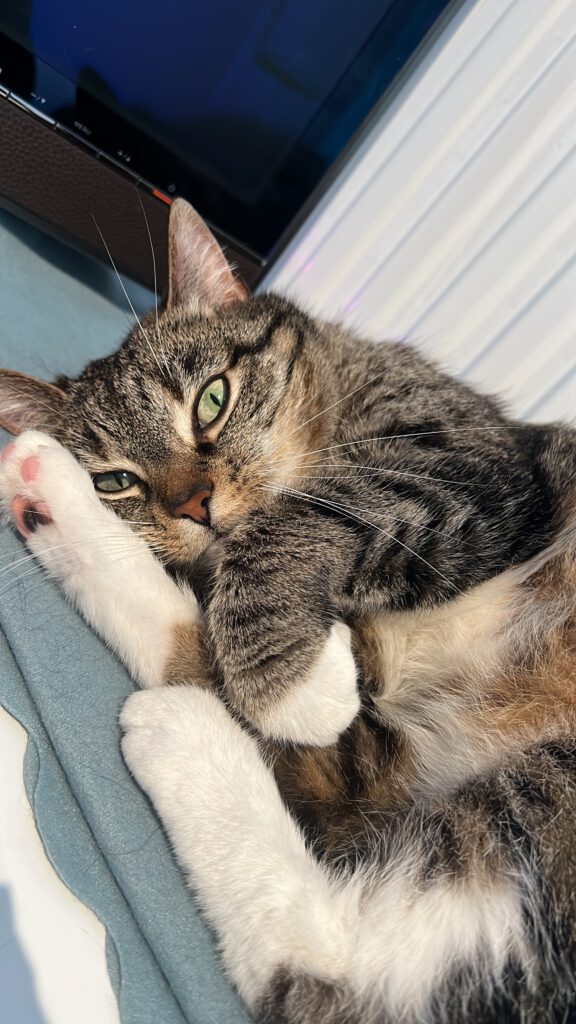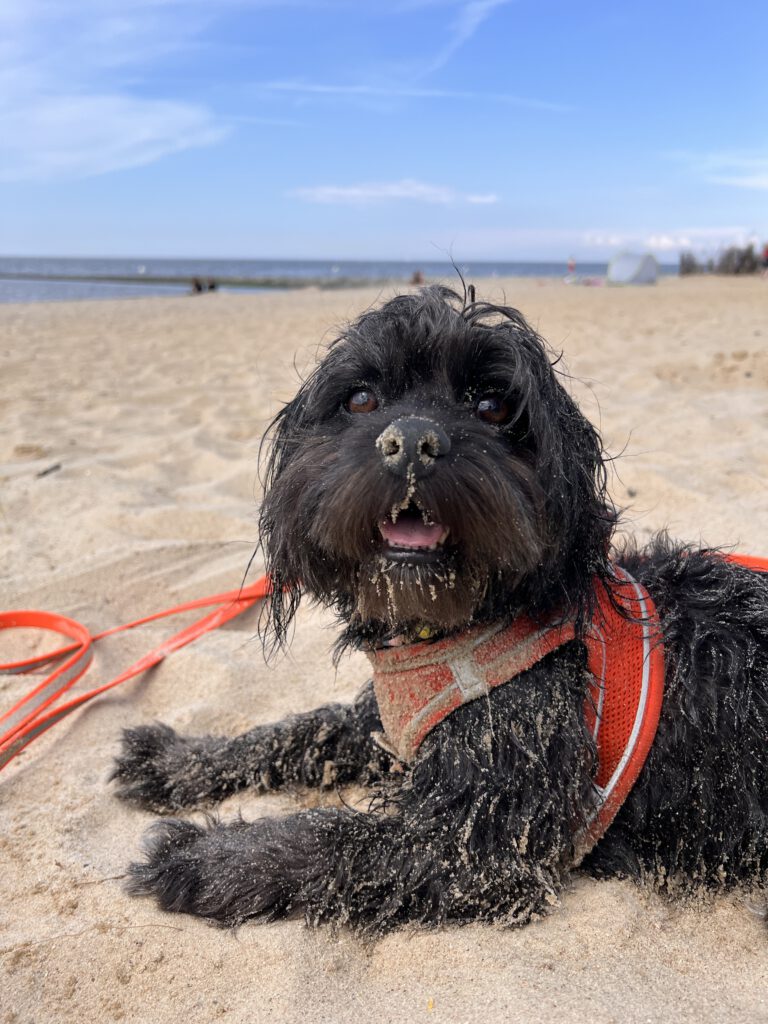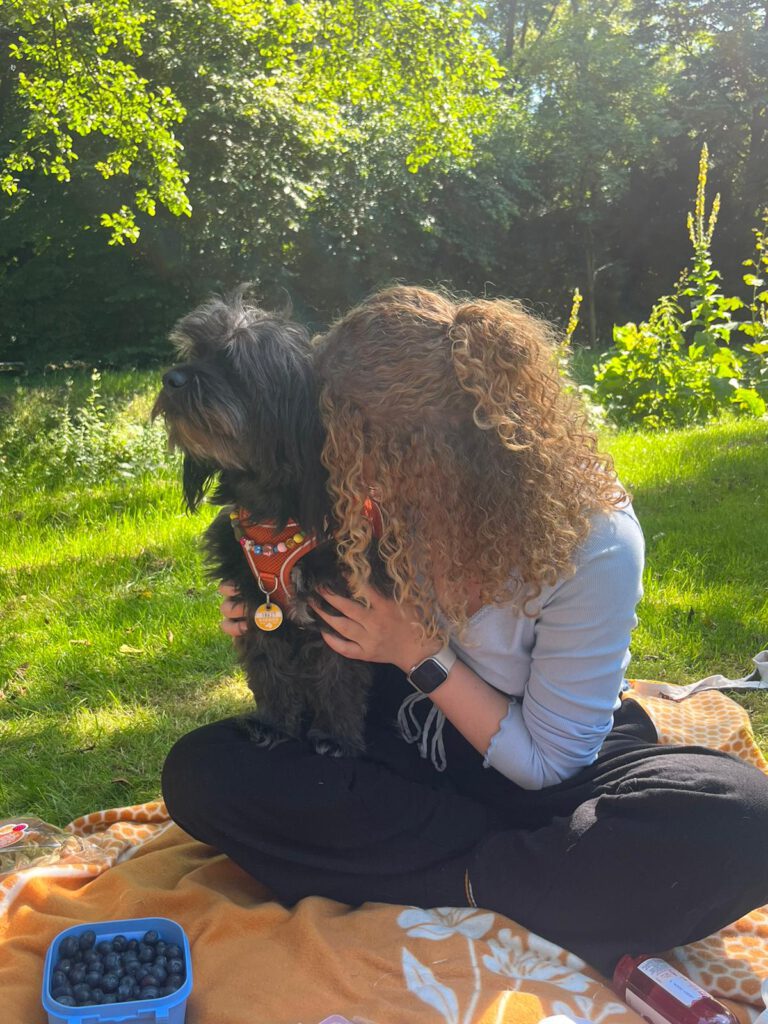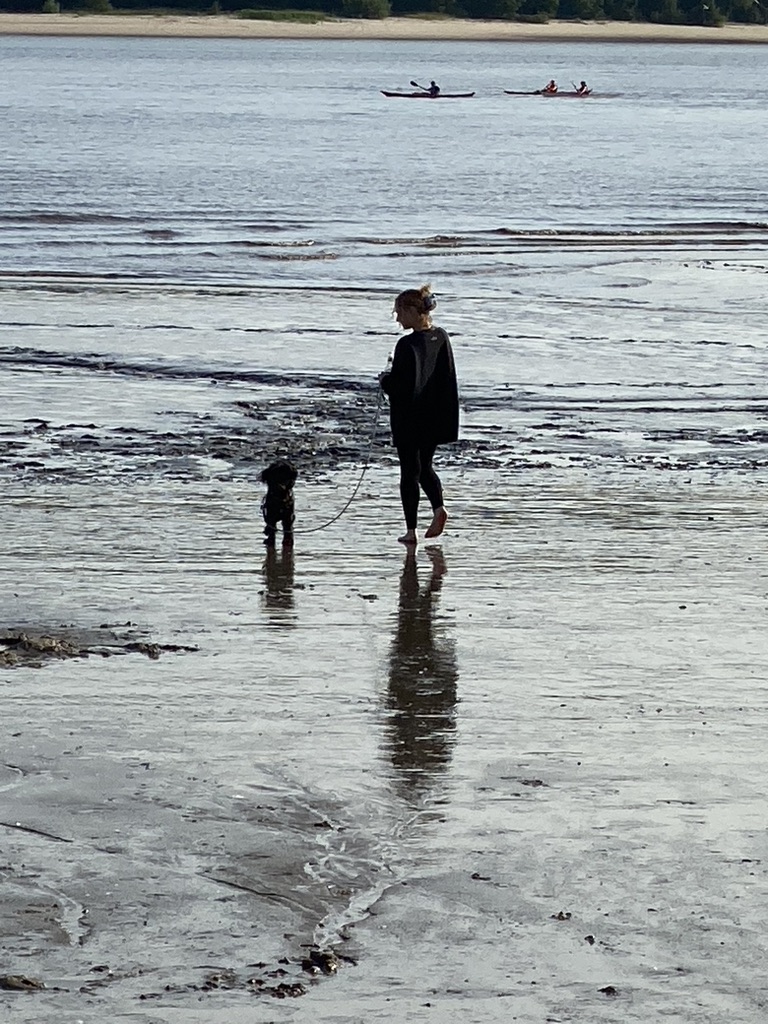Welcome to Embrace the X! If you’ve found your way here, you might be wondering what this blog is about, and why I decided to start it. So let’s dive right in: my story, my thoughts, and the motivation behind this project.
Who I Am
I’m 26 years old, hold a master’s degree in healthcare management and economics, and will soon start a new job in insurance and contribution law. My life has never been a straight path—not just because of my choices, but also because of factors beyond my control. I’m autistic, I have ADHD, and I was born with Monosomy X, also known as Turner Syndrome or Ullrich-Turner-Syndrome.
If you’ve never heard of it, I’m not surprised! It’s a rare genetic condition that primarily affects women, with a wide range of possible impacts. For a long time, I struggled to understand why I felt so different. Why things that seemed easy for others could completely overwhelm me. Why I could hyperfocus and excel in some areas but crash over simple everyday tasks. Over time, I realised: It wasn’t because I was too sensitive or lazy, I was simply neurodivergent.
Why a Blog?
The name Embrace The X represents exactly that: embracing diversity, both my own and that of others. X can stand for many things: the unknown, genetics (like the X chromosome in Turner Syndrome), or the variable that makes us unique.
I decided to share my experiences because I know how lonely it can feel when you don’t fit neatly into categories. When diagnoses only tell part of the story. When you exist in between, neither neurotypical nor “disabled enough” to always receive support.
This blog will be a space for:
Honest insights into life with AuDHD (autism + ADHD), Monosomy X, and the challenges that come with them.
Strategies and tips that help me manage my energy and navigate daily life.
Reflections on society, work, and inclusion because misconceptions about neurodivergence are everywhere.
Funny and beautiful moments because while being neurodivergent can be exhausting, it can also be wonderfully absurd.

Change as a Constant
Right now, I’m in the middle of a major transition: I’m moving from Bremen into a smaller town near Hamburg and starting a new job. Change is always a double-edged sword for me. On one hand, I’m excited for new opportunities. On the other, it brings chaos and uncertainty, something my brain doesn’t handle well.
One of the reasons I’m moving is to find more peace and stability, and to better manage sensory challenges. But I’m not doing it alone, my beloved partner is moving in with me, making this transition even more meaningful. I’m excited for this new chapter together, even though we both know that settling into a new place will take time and patience.
We’ll also be bringing along my two beloved pets:
- Maya (Mayo), my 6-year-old cat, who has recently developed a fascination for cardboard boxes, but only if they have bananas printed on them.
- Milo (Bibo), my 3-year-old dog, who swings between being the cuddliest creature ever and a total whirlwind of chaos and energy.
This dynamic mirrors my own experience: moments of deep focus and need for structure, constantly interrupted by a brain that loves to jump in every direction at once. Living with both autism and ADHD means balancing these two extremes every single day.


Sometimes, I see Maya as the autistic side of me, calm, focused, and selective about what she engages with.
Milo, on the other hand, embodies the ADHD chaos, the impulsiveness, the excitement, the constant shifts between hyperactivity and exhaustion.
What to Expect Here
I don’t have all the answers. I’m not a coach (maybe not yet?) or a guru claiming to have the perfect solutions. But I am someone who reflects, experiments, and openly shares my experiences. Maybe you’ll recognise parts of yourself in my stories. Maybe you’ll find new perspectives.
But whatever brought you here and I’m glad you found Embrace the X.
Feel free to share your thoughts, experiences, or questions. And of course: Embrace the X – just as you are.








